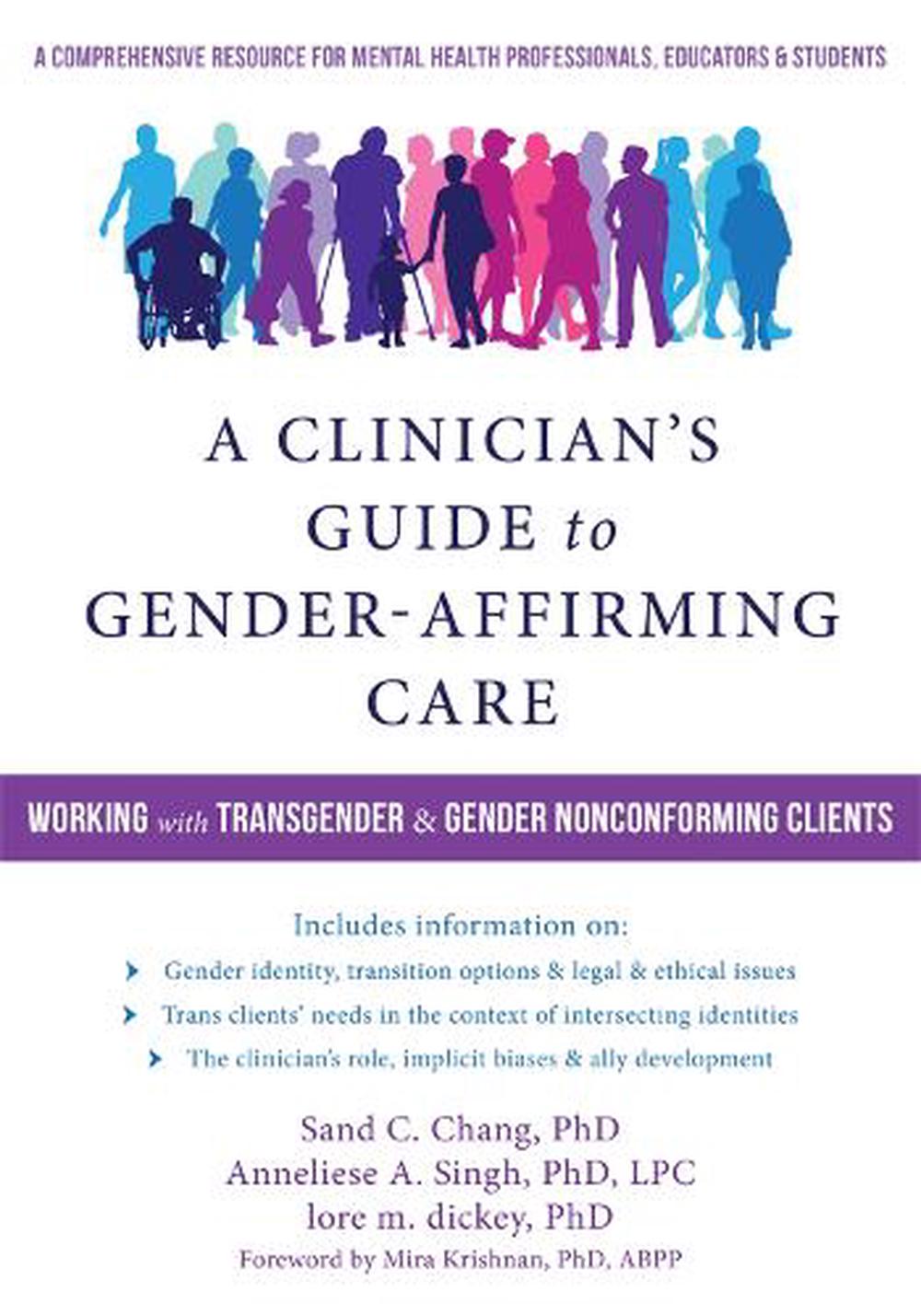Introduction
Gender-affirming care, also known as gender-confirming care, is medical care that aims to help transgender individuals align their physical bodies with their gender identity. This can include hormone therapy, gender reassignment surgery, and other treatments that address gender dysphoria, a condition where someone feels a mismatch between their gender identity and their biological sex.
 Source: bing.com
Source: bing.comUnderstanding Gender Dysphoria
Gender dysphoria can cause significant distress and discomfort for transgender people. It can manifest in various ways, such as feeling intense discomfort with one's body, experiencing anxiety or depression related to gender identity, or feeling a sense of alienation or disconnection from one's own body. This condition is recognized as a legitimate medical diagnosis, and gender-affirming care is one of the recommended treatments.
Types of Gender-Affirming Care
There are various types of gender-affirming care, and the specific treatments that an individual may pursue depend on their personal needs and preferences. Some of the most common types of gender-affirming care include:
- Hormone therapy: This involves taking hormones that align with an individual's gender identity, such as testosterone for transgender men or estrogen for transgender women. Hormone therapy can help change secondary sex characteristics, such as muscle mass, fat distribution, and body hair.
- Surgery: Gender reassignment surgery is a medical procedure that helps change the physical appearance of a person's body to align with their gender identity. This can include procedures such as breast augmentation or removal, penile construction or removal, or vaginoplasty.
- Voice therapy: Some transgender individuals may seek out voice therapy to help change the pitch and tone of their voice to align with their gender identity.
- Counseling: Counseling or therapy can be an important part of gender-affirming care, as it can help individuals navigate the emotional and psychological challenges that come with gender dysphoria and transitioning.
The Importance of Gender-Affirming Care
Gender-affirming care is important because it can help improve the quality of life for transgender individuals. When someone is able to align their physical body with their gender identity, they may experience reduced feelings of anxiety, depression, and dysphoria. This can help them feel more comfortable in their own skin and improve their overall well-being.
 Source: bing.com
Source: bing.comLegal and Social Barriers to Gender-Affirming Care
Despite the importance of gender-affirming care, many transgender individuals face legal and social barriers to accessing these treatments. In some states and countries, insurance companies may not cover gender-affirming care, making it prohibitively expensive for many people. Additionally, some healthcare providers may not be knowledgeable about or supportive of transgender healthcare, which can make it difficult for individuals to find appropriate care.
Conclusion
Gender-affirming care is an important aspect of healthcare for transgender individuals. By providing access to hormone therapy, surgery, counseling, and other treatments, healthcare providers can help transgender individuals align their physical bodies with their gender identity, leading to improved quality of life and overall well-being.